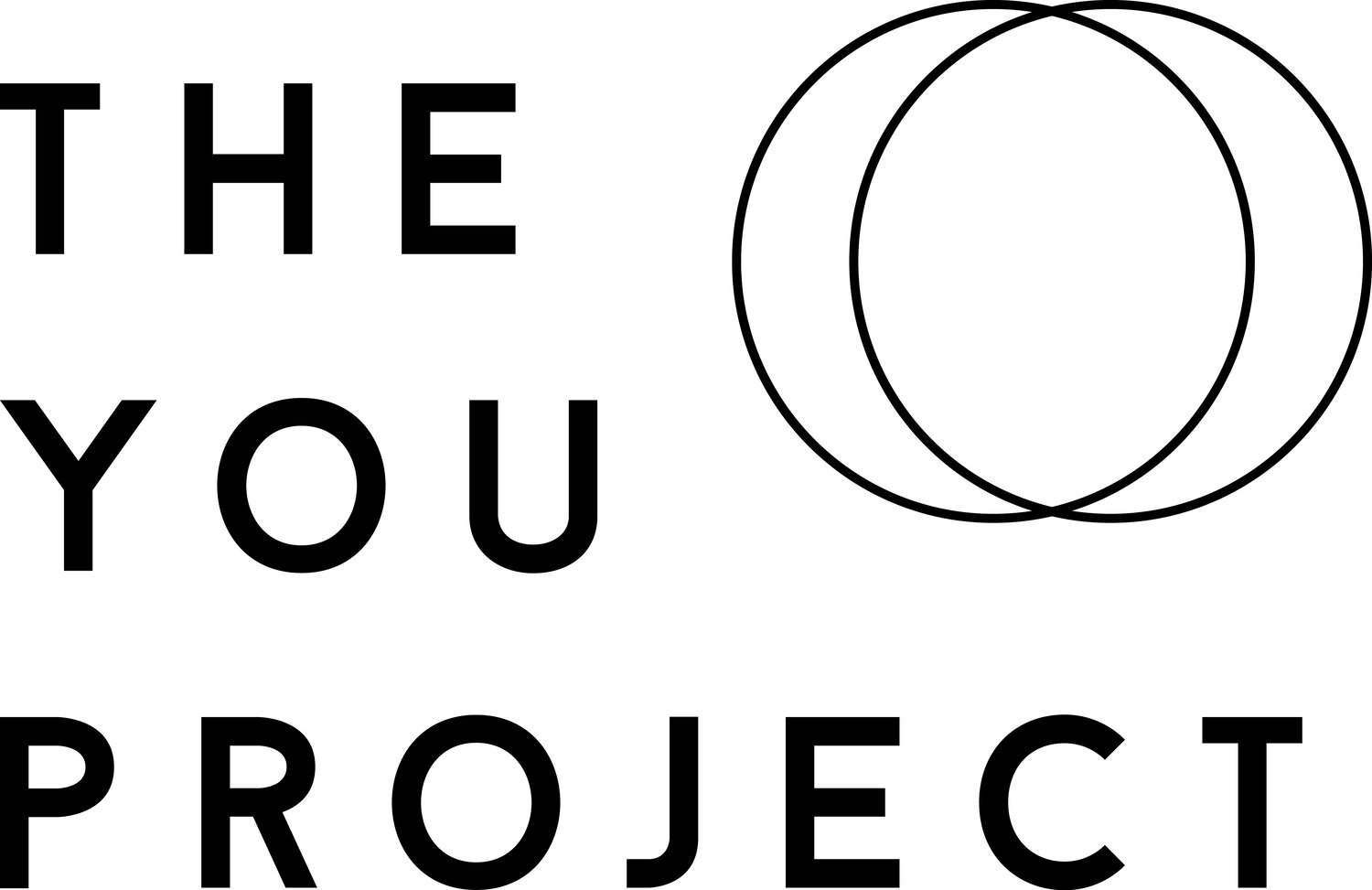The Unpacking of Self Acceptance
I’ve noticed a lot of unpacking going on lately. Not the kind my Poppa knew – the unpacking of his caravan and setting up of the campsite which invariably took a good day by the time he’d set up the awning, toaster, Nana’s gin cabinet and his beer fridge. Rather unpacking in the sense of demystifying a term, breaking down a concept or explaining an over inflated thought.
A mentor recently asked me to unpack my concept of self-belief, there was more unpacking at The Happiness & Its Causes conference than I could shake a stick at and I can only imagine the amount of unpacking going down at my old haunts of ad agencies, telco and financial institutions.
So while I chuckled to myself about all the unpacking, I noticed it had sneakily weaved its way into my vocabulary. And I must confess I love a good process and unpacking has pillars and steps a-plenty! So today I’m getting on board with the jargon & I’m unpacking self-acceptance.
The Self-acceptance formula
Self-acceptance is an acceptance of your self in it’s entirety (the good, the bad and the awesome) or Nathaniel Braden explains in The Six Pillars of Self Esteem “my refusal to be in an adversarial relationship with myself.”
The Latin for the word “accept” is “acceptare,” which means “to receive, willingly.” Simple question – do you accept yourself as you are? Here are the steps to check if you do.
Do you know the difference between your ego and your unconditioned self? Your ego developed during your childhood to help cope with demands of being in a family, going to school etc and you learnt you needed to behave in a certain way to receive approval from your parents. Your unconditioned self is who you are without all the labels from the outside world. To practice acceptance you must get to know and love your unconditioned self and not cater to the ego which will constantly be trying to be ‘fixed’.
How critical are you? We are usually our own worst critic (often misinterpreted as high standards) translating into you are not good enough which tells a very bad story for your self esteem. How judgmental are you? The amount of judgement we place towards others is a direct reflection of how we feel about ourselves. Practice forgiveness and compassion towards yourself and others. We all make mistakes and have parts of ourselves which at times cause us to feel shame but we are just human and to live a life where you never accept, learn and move on from these perceived weaknesses will keep you stuck in the past.
Do you accept all of your strengths? Most of us struggle to ‘shine’ at what we’re really great at because we’re afraid of who we might need to bare all. But accepting our talents be they a brilliance for logic, excellence for listening or being unafraid of vulnerability is an essential step for self-acceptance and will allow you to see limitations as opportunities rather than as obstacles.
True self-acceptance is the realization that you are what you seek Robert Holden. Make a conscious effort to put it practice TSAF (had to make up an acronym!) & see the results. Right now acknowledge 3 strengths you have which have contributed to something awesome you have done in the last month. And equally practice a conscious acceptance of a choice or action which you haven’t always loved about yourself but you know is part of who you are. Note down 5 ways you are not being very kind to yourself at the moment and counter balance that with 5 ways which you can be. Remind yourself “I will not criticise myself today” and “Happiness is where I am”.
If this all sounds far too flufforama for you that’s o.k. but why not spend a day observing your internal dialogue & seeing how nice and kind you are to yourself. If you are that is awesome! If not, perhaps something to consider.

